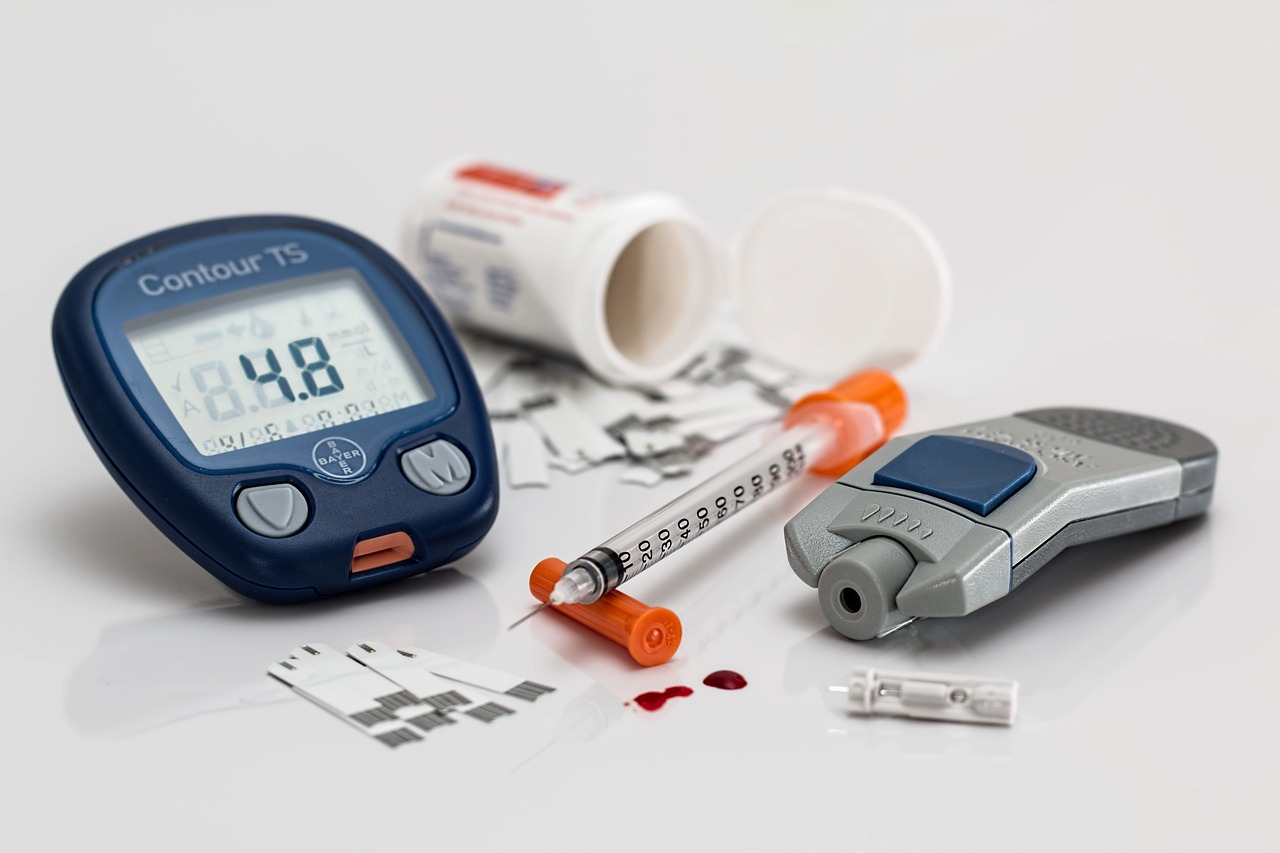Understanding Hypoglycemia: What to Do When Your Blood Sugar is Low

Understanding Hypoglycemia: What to Do When Your Blood Sugar is Low
Managing blood sugar levels is crucial for individuals with diabetes or those who may experience hypoglycemia, commonly known as low blood sugar. Hypoglycemia occurs when the glucose levels in your blood drop below normal, causing various symptoms that can range from mild to severe. This article delves into hypoglycemia, its causes, signs, and most importantly, what you should do when your blood sugar is low.
What is Hypoglycemia?
Hypoglycemia is blood sugar levels below 70 mg/dL (milligrams per deciliter). This condition is primarily associated with diabetes, especially when managing insulin or certain medications. However, it can also affect individuals without diabetes due to various reasons such as prolonged fasting, excessive alcohol consumption, certain medications, hormone deficiencies, and critical illnesses.
Signs and Symptoms of Hypoglycemia
Recognizing the signs and symptoms of hypoglycemia is vital for prompt intervention. Common signs include:
- Sweating: Experiencing sudden, unexplained sweating, without having anything to do with physical activity or hot weather, may mean low blood sugar.
- Trembling or Shakiness: Feeling shaky, trembling hands, or a noticeable tremor can indicate hypoglycemia.
- Paleness: The skin may appear pale, and there may be a feeling of weakness or fatigue.
- Increased Heart Rate: A rapid heartbeat or palpitations may occur as the body responds to low blood sugar.
- Confusion or Difficulty Concentrating: Hypoglycemia can cause confusion, difficulty focusing, irritability, or mood changes.
- Hunger: Sudden hunger, even after eating a meal not long ago, can result in low blood sugar levels.
- Headache: Some individuals may experience headaches or migraines during hypoglycemia episodes.
Causes of Hypoglycemia
Understanding the potential causes of hypoglycemia is essential for prevention and management. These causes can vary depending on individual circumstances but commonly include:
- Medications: Insulin and certain oral diabetes medications can lower blood sugar levels, especially if doses are not adjusted correctly or taken without sufficient food intake.
- Dietary Factors: Skipping meals, inadequate carbohydrate intake, or consuming meals with insufficient carbohydrates can lead to low blood sugar levels.
- Alcohol Consumption: Excessive alcohol consumption, particularly on an empty stomach, can cause hypoglycemia as alcohol can interfere with the liver's ability to release stored glucose.
- Increased Physical Activity: Intense or prolonged physical activity without adjusting insulin doses or carbohydrate intake can lead to low blood sugar levels.
- Hormone Imbalances: Certain hormone deficiencies, such as cortisol or growth hormone deficiencies, can contribute to hypoglycemia.
- Medical Conditions: Critical illnesses, liver disease, kidney disorders, and certain tumors can affect glucose metabolism and lead to hypoglycemia.
What to Do When Your Blood Sugar is Low
When experiencing symptoms of hypoglycemia or if you suspect your blood sugar is low, follow these steps for prompt management:
- Check Your Blood Sugar: Measure your blood sugar levels. If the reading is below 70 mg/dL, it indicates hypoglycemia.
- Consume Fast-Acting Carbohydrates: Have a fast-acting source of carbohydrates readily available, such as glucose tablets, fruit juice, regular soda (not diet), honey, or sugar cubes. Aim for 15-20 grams of carbohydrates initially.
- Recheck Blood Sugar: Wait 15 minutes after consuming carbohydrates, then recheck your blood sugar levels. If it's still below 70 mg/dL, repeat the carbohydrate intake.
- Follow Up with a Balanced Meal or Snack: Once your blood sugar levels stabilize, consume a balanced meal or snack containing protein, healthy fats, and complex carbohydrates to prevent another drop in blood sugar.
- Avoid Over-Treating: Be cautious not to over-treat hypoglycemia by consuming excessive carbohydrates, which can cause blood sugar levels to rise too high (hyperglycemia).
- Inform Others: If you can’t treat hypoglycemia yourself or your symptoms become severe, inform someone nearby or wear a medical alert bracelet indicating your condition.
- Seek Medical Attention if Necessary: If hypoglycemia symptoms persist despite treatment, or if you can’t consume carbohydrates orally, seek immediate medical assistance.
How to Prevent Hypoglycemia
Preventing hypoglycemia is crucial for individuals at risk. Here are some strategies to help prevent low blood sugar levels:
- Monitor Blood Sugar Regularly: Check your blood sugar levels as recommended by your healthcare provider, especially before meals, physical activity, and bedtime.
- Follow a Balanced Diet: Eat regular meals and snacks containing a balance of carbohydrates, proteins, and fats to help stabilize blood sugar levels.
- Adjust Medications as Directed: If you're taking insulin or diabetes medications, follow your healthcare provider's instructions regarding dosages, timing, and adjustments based on blood sugar and activity levels.
- Be Prepared: Always carry fast-acting carbohydrates, such as glucose tablets or gels, in case of hypoglycemia.
- Communicate with Healthcare Providers: Inform your healthcare team about any changes in your symptoms, medication side effects, or lifestyle factors that may impact your blood sugar levels.
Conclusion
In conclusion, hypoglycemia is a manageable condition that requires awareness, preparedness, and prompt action. By understanding the signs, causes, and appropriate steps to take when blood sugar is low, individuals can effectively manage hypoglycemia and minimize its impact on daily life. Remember to work closely with your healthcare provider to develop a personalized plan for managing blood sugar levels and preventing hypoglycemia episodes.
